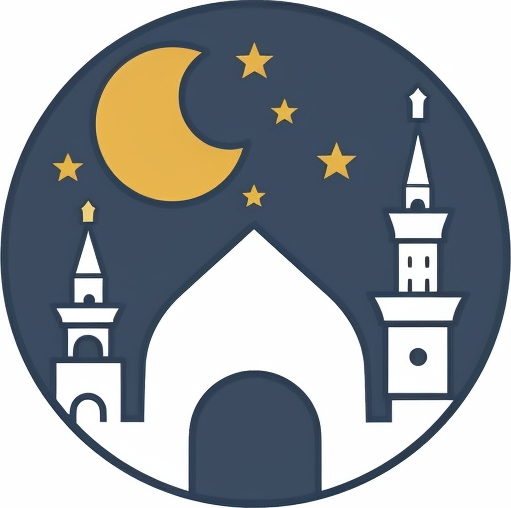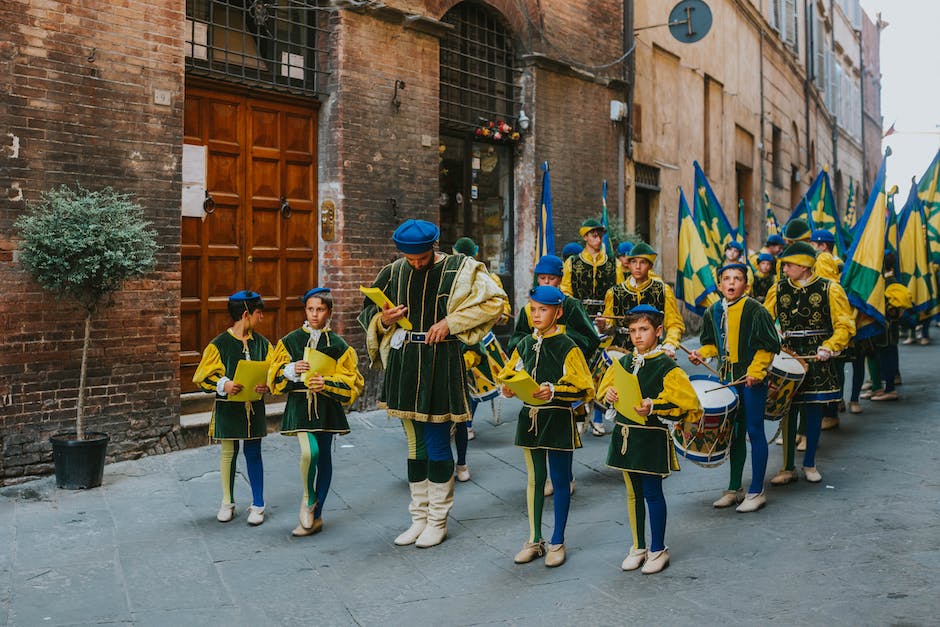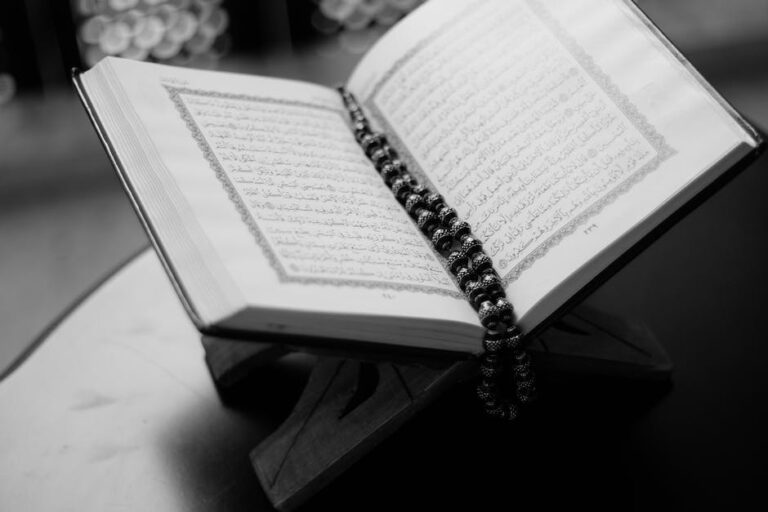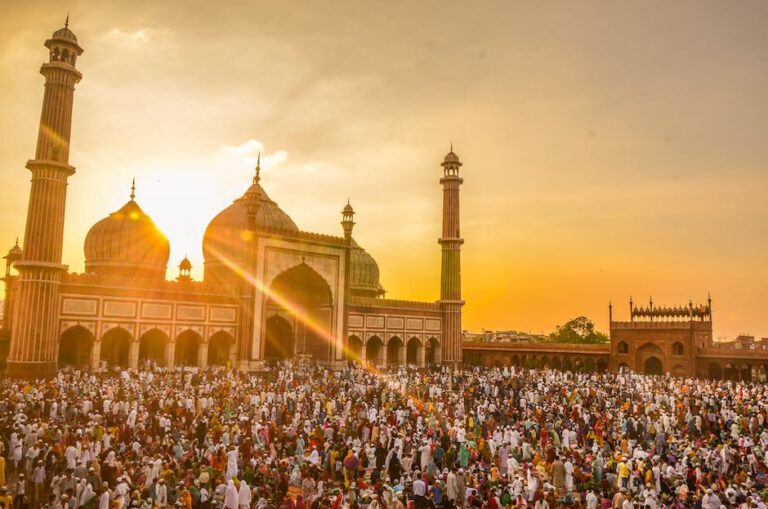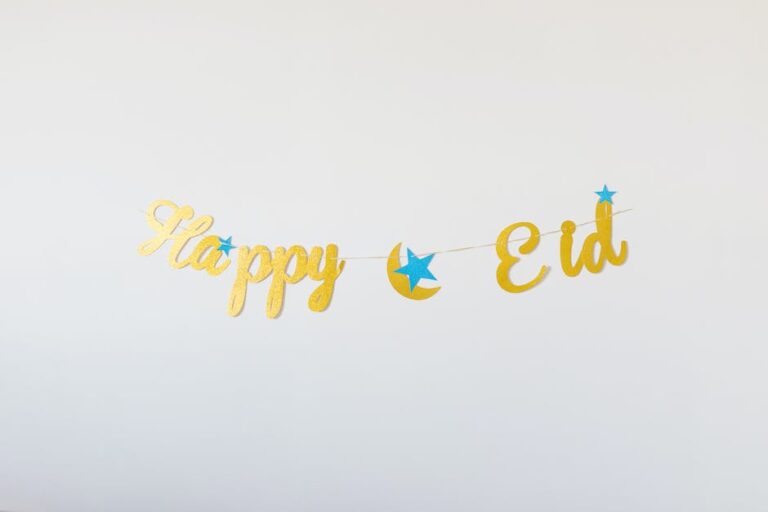Qawwali Festivals Around the World: Celebrating Faith and Unity
Qawwali music originates from Sufism, which is the mystical dimension of Islam. The word ‘qawwali’ means ‘utterance’ or ‘expression’ and refers to a form of devotional music that aims to connect listeners to the divine. The origins of qawwali can be traced back to the 13th century and the great Sufi saint Hazrat Amir Khusro. It is believed that he merged Indian classical music with the Islamic tradition to create a unique musical form that would speak to people’s hearts and minds.
Qawwali music typically features solo and group performances that use a combination of instruments such as the harmonium, tabla, and dholak. However, the main focus of qawwali remains the voice, which is used to convey the message of the lyrics and create an atmosphere of spiritual bliss. The lyrics often revolve around themes of love, devotion, and the praise of God and the Prophet Muhammad (PBUH).
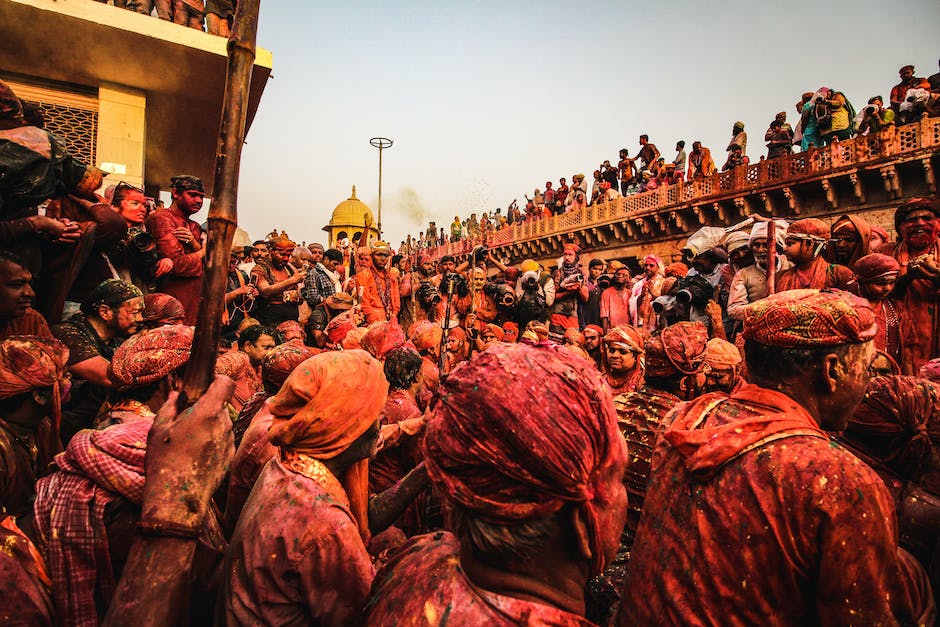
Famous Qawwali Festivals Across India and Pakistan
Qawwali has become an integral part of the cultural scene in India and Pakistan, and many cities and towns organize festivals dedicated to this unique form of music. One of the most famous festivals is the Urs of Hazrat Nizamuddin Auliya in Delhi, which takes place every year in the months of January and February. This festival attracts qawwali performers and devotees from all around the world, and the music and the atmosphere are truly electrifying.
In Pakistan, the annual Urs of the great Sufi saint Hazrat Data Ganj Bakhsh in Lahore is another famous qawwali festival. This festival is held for three days every year and features performances by some of the best qawwali groups from the subcontinent. Similarly, the Urs of Hazrat Shah Abdul Latif Bhitai in Sindh province is another popular festival that attracts thousands of devotees and music lovers every year.
Exploring the Significance of Qawwali Lyrics
The lyrics of qawwali are an integral part of the music and convey deep spiritual meaning and messages that are meant to inspire and enlighten the listeners. Qawwali lyrics often use rich metaphors and symbolism to describe the love and devotion for the divine, and to convey the message of universal human brotherhood and unity.
One of the most famous qawwali compositions is the qawwali of Hazrat Amir Khusro, ‘Man Kunto Maula’, which speaks of the unity of God and the Prophet Muhammad (PBUH). Similarly, the qawwali ‘Bhar Do Jholi Meri Ya Mohammad’ speaks of the devotion and love for the Prophet Muhammad (PBUH) and the desire to receive his blessings and mercy. The lyrics of qawwali often touch the hearts of listeners and create a deep connection between the music and the divine.
An Insight into the Life of Qawwali Performers
Qawwali performers are highly skilled musicians who dedicate their lives to the music and the divine message of qawwali. They are often from families with a long tradition of performing qawwali and are trained from a young age in the art and vocal techniques of this music form.
Performing qawwali is not just a job but also a spiritual practice for many performers. They often spend hours practicing and perfecting their craft and lead very disciplined lives, adhering to strict dietary restrictions and spiritual practices to maintain their devotion to God.
Performing qawwali music is not without its challenges. The hours of practice and performing can be grueling, and the performers also have to contend with the pressures of commercialization and commodification of their music. Many performers struggle to make ends meet, despite the popularity of their music.
Qawwali Festivals Celebrating Sufism and Spirituality
Qawwali festivals are an important part of the cultural landscape and spiritual fabric of many communities in the subcontinent. These festivals are often held near the shrines of Sufi saints and feature performances by some of the most renowned qawwali groups from the region.
One of the most famous qawwali festivals in India is the Urs of Khwaja Moinuddin Chishti in Ajmer. This festival celebrates the life and teachings of the great Sufi saint and attracts millions of people every year. Similarly, the Urs of Hazrat Baba Fariduddin Ganjshakar in Pakpattan, Pakistan, is another famous qawwali festival that is dedicated to the memory of the great Sufi saint.
These festivals are not just about the music but also provide an opportunity for people to connect with their spiritual roots and celebrate the essence of Sufism and unity. The atmosphere is charged with devotion and a sense of community, as people from diverse backgrounds and beliefs come together to celebrate the message of qawwali.
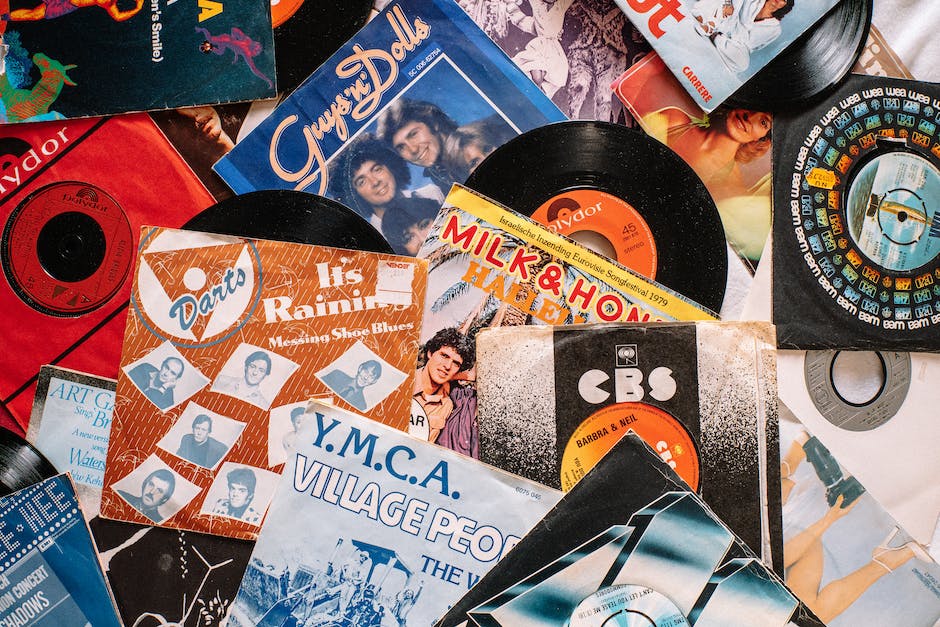
How Qawwali Unites People from Diverse Backgrounds and Beliefs
One of the unique aspects of qawwali music is its ability to unite people from diverse backgrounds and beliefs. Qawwali has always been an inclusive and welcoming form of music, and its message of universal human brotherhood and unity resonates with people all around the world.
Qawwali festivals often attract people from different religions, cultures, and social backgrounds. People come together to celebrate the spirit of Sufism and the message of qawwali, and the music becomes a unifying force that transcends barriers of language and identity.
Qawwali also plays an important role in promoting interfaith harmony and dialogue. The lyrics of qawwali often draw from the teachings of different religious traditions and emphasize the common threads of love, compassion, and devotion. This creates a shared language of spirituality that encourages people to connect with each other and find common ground despite their differences.
The Role of Qawwali in Islamic Celebrations and Festivals
Qawwali plays an important role in many Islamic celebrations and festivals, such as Eid and Mawlid. These occasions provide an opportunity for people to come together in joy and celebration and share the message of unity and love that qawwali embodies.
During Eid celebrations, qawwali groups perform at mosques and community centers, creating an atmosphere of festivity and joy. Similarly, the celebration of the Prophet Muhammad’s birthday (Mawlid) is often marked with qawwali performances that celebrate the life and teachings of the Prophet Muhammad (PBUH) through the power of music and poetry.
Qawwali performances are also an integral part of weddings and other social events in many Islamic cultures. These performances create a festive atmosphere and unite people in celebration and joy.
How to Experience the Beauty of Qawwali Music in Your Country
If you are interested in experiencing the beauty of qawwali music in your country, there are a few things you can do.
One way to experience qawwali is to attend a qawwali festival in India or Pakistan. These festivals provide a unique opportunity to witness some of the best qawwali performers from the subcontinent and experience the spiritual and cultural richness of this unique art form.
Another way to experience qawwali is to attend a qawwali performance at a mosque or community center in your area. Many Islamic centers organize qawwali performances during Ramadan and other special occasions, which are open to people of all faiths and backgrounds.
Finally, you can also listen to qawwali performances online or through digital music services. Many famous qawwali compositions are available on YouTube and other platforms, allowing you to experience the beauty and power of this unique musical form from the comfort of your home.
